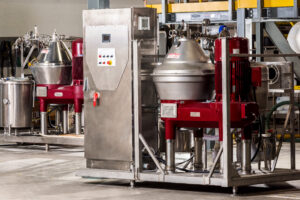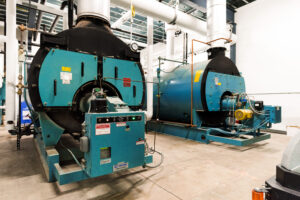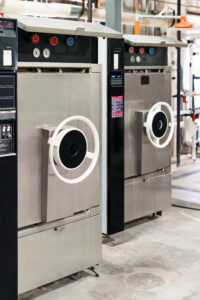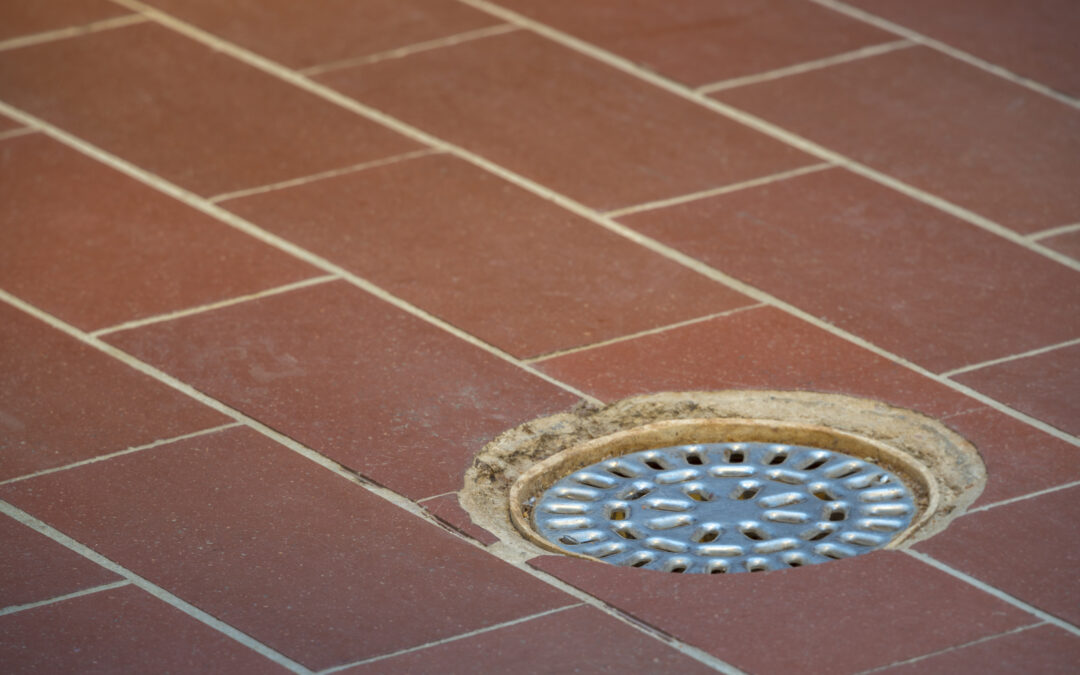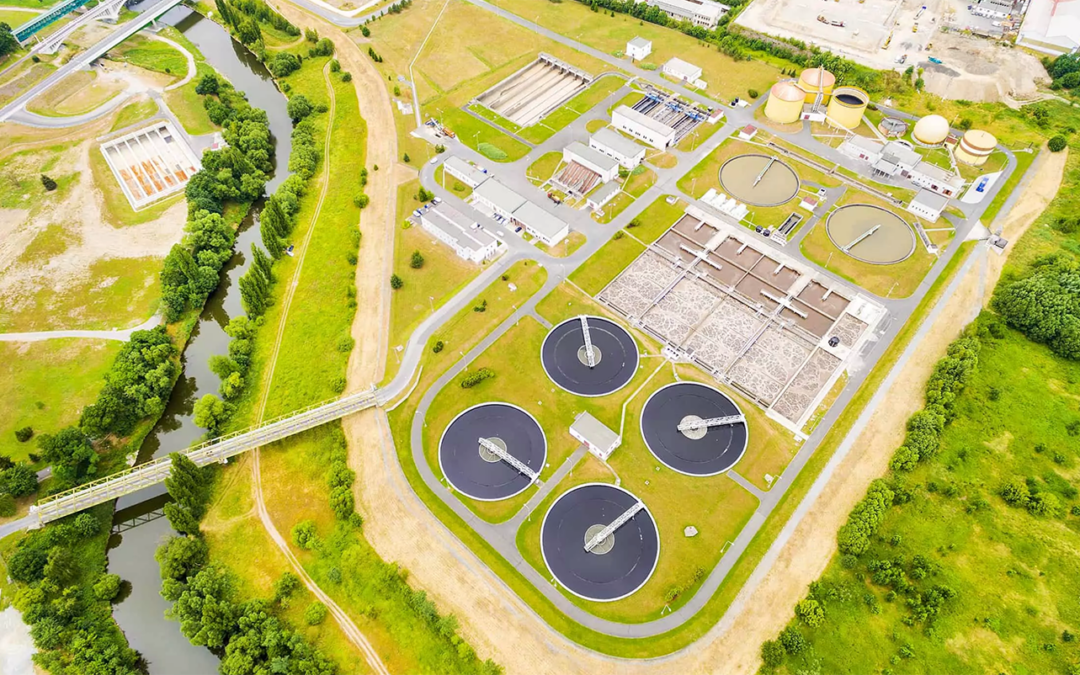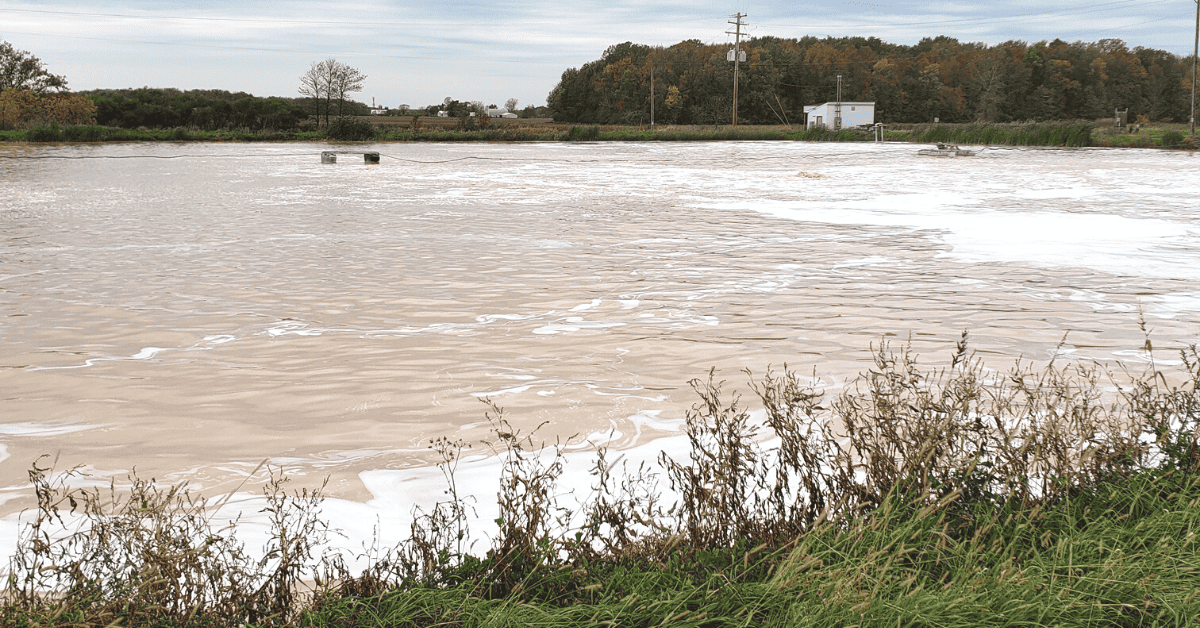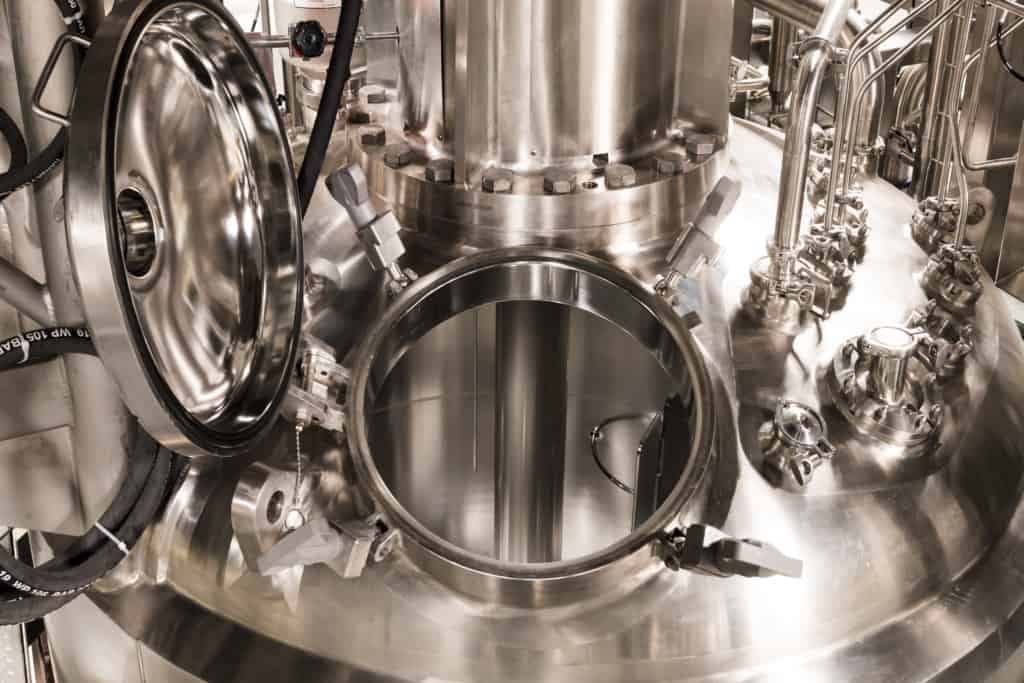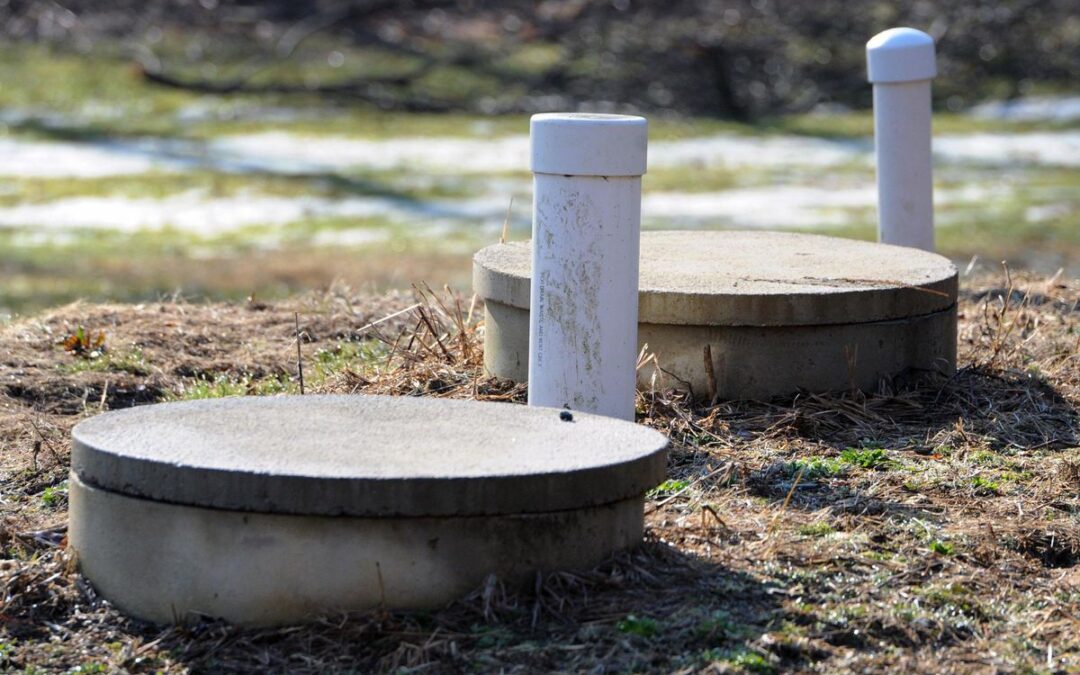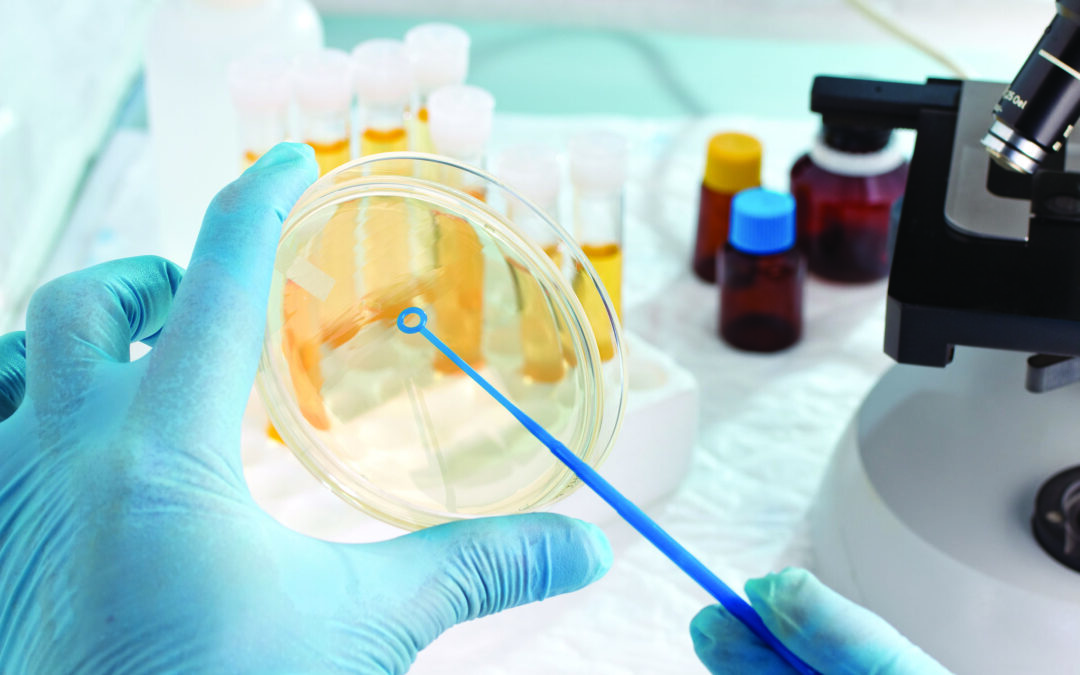It is an exciting day signing a multi-year fermentation contract! After the ink dries and celebrations conclude, I’ve learned it’s time to quickly review both redundancy and contingency plans for worst case scenarios. This is how we can guarantee on-time delivery.
During the planning of our current expansion, I was reminded again of the importance of redundancy in safeguarding against setbacks. I had received a call from another fermentation company who had recently lost one of their fermentors, learning it would be down for an extended amount of time. What a tough situation. At that moment, we unfortunately couldn’t help, but it opened my eyes to the vulnerability of many fermentation companies.
Redundancy is very important!
With our current expansion, we had to think in terms of two of everything. If one piece of equipment breaks, you can still move forward while you are dealing with fixing the problem. As a picture is worth a thousand words, here are a few that capture MDG’s redundancy focus. Basically, we have at least two fermentors, centrifuges, freeze dryers, sterilizers, production freezers, boilers, air compressors and -80 C freezers. We also have a backup generator and a second building that stores our cultures in a second location away from our fermentors.
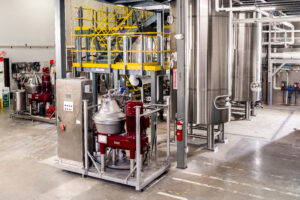
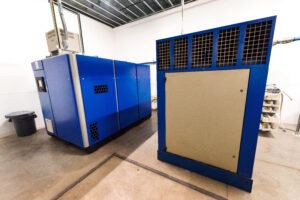
For many years we lived off of one fermentor, but we cheated the lack of redundancy by basically building redundancy into our spare parts program. Other than the tank, we felt we had two of everything: pumps, valves, shafts and so forth that could be switched out very rapidly, having the spare parts ready and waiting. That is still a part of our everyday life, even with duplicate equipment.
Our backup generator and second building also provide redundancy. While we can’t have two electrical utility companies, we can have a backup generator that will keep things running during electrical outages and brown outs. The second building is less obvious. We store our culture inventory in one building and our ability to produce culture in a different building. In the case of a disaster, we have the option to either live off our inventory for a few months or quickly get our tanks up and running to replace inventory. While not ideal, this scenario would be better than a “poke in the eye”. That means we have to keep the inventory ahead of the need.
One of the big things that I believe gets overlooked is having a copy of our culture collection in the second building in duplicate -80 C freezers. We have to insure that if we lost one set of freezers or had a disaster scenario, we are covered in the other building. Honestly, the culture collection may be the most priceless part of the company.
At MDG our tagline is Real Science, Trusted Process and Proven Success. MDG refines and delivers products and ideas by applying Real Science to a Trusted Process, yielding Proven Success. Having redundancy in our fermentation design is an important part of our Trusted Process. If you are ever in the Milwaukee area, we welcome you to take a tour of our process.
But without being Redundant (pun actually intended), you will hear a lot during the tour about how important Redundancy is to Fermentation and Microbial Discovery Group. Contact Us to learn more!
